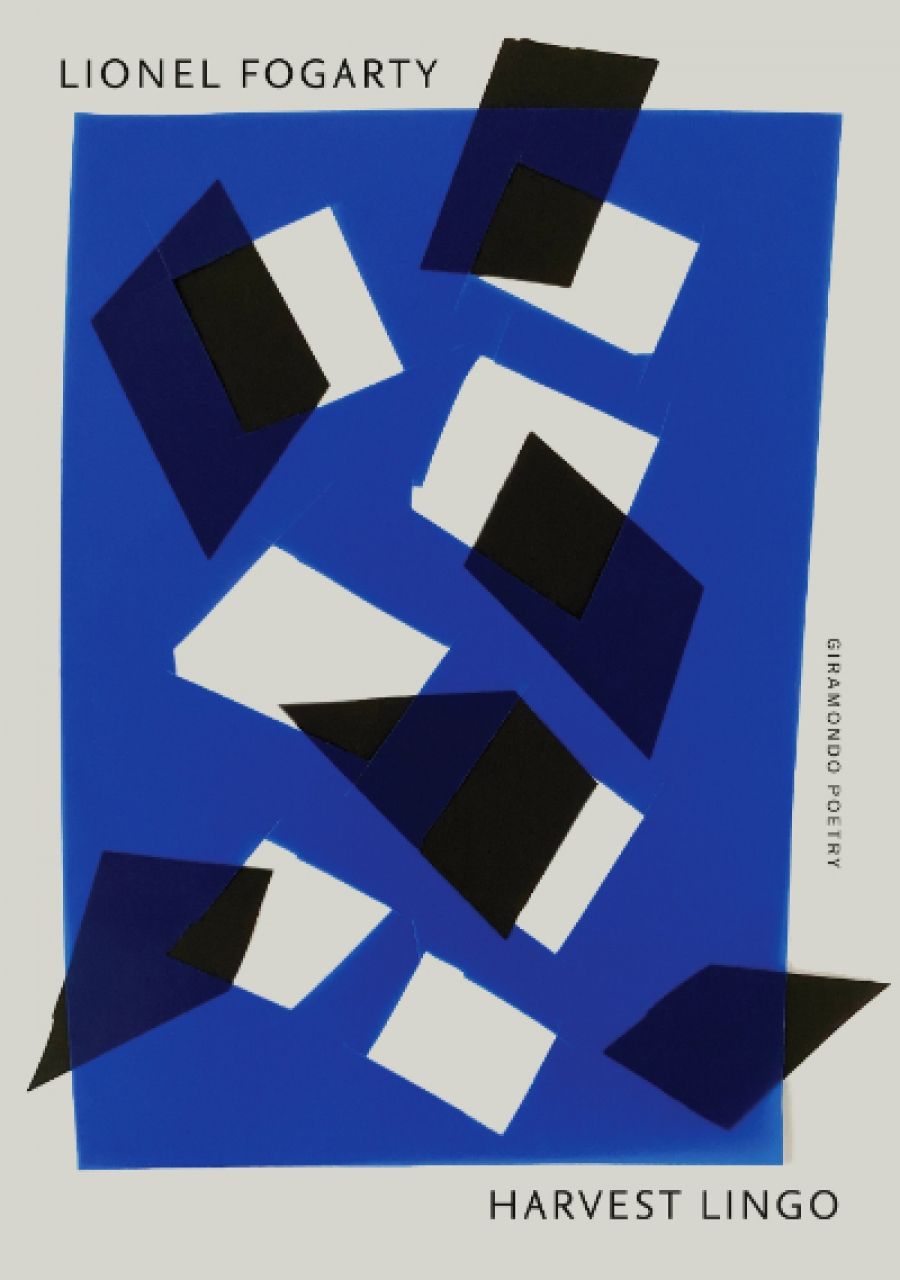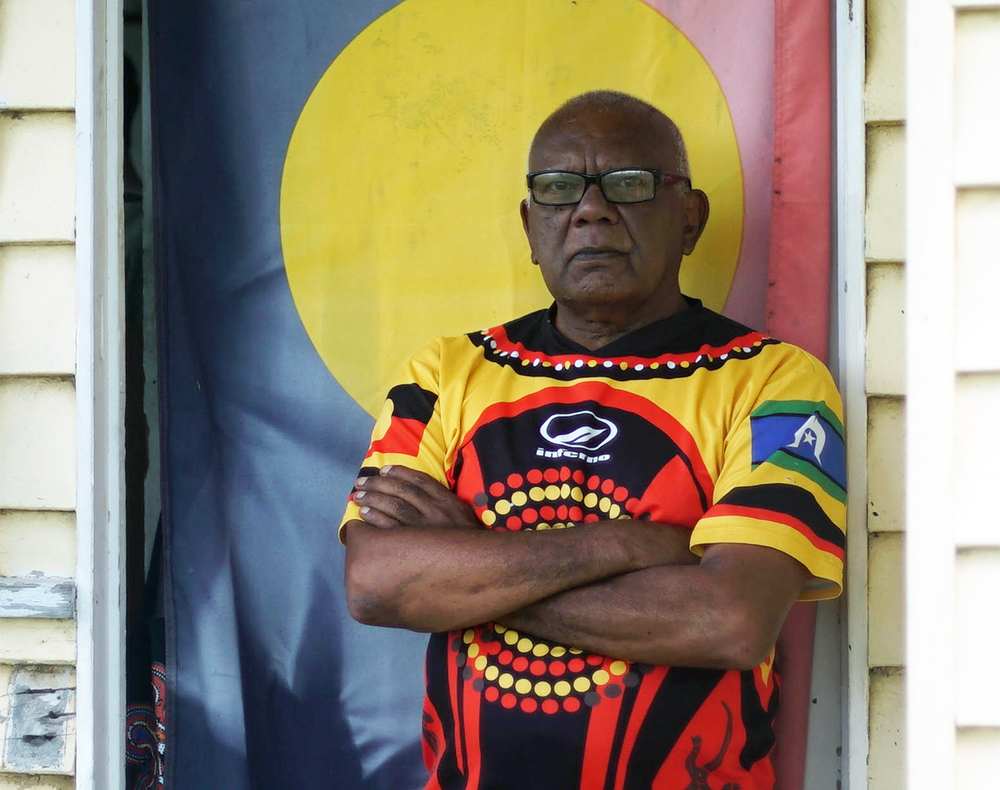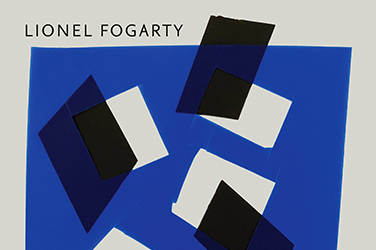
- Free Article: No
- Contents Category: Poetry
- Review Article: Yes
- Article Title: Absolute devotion
- Article Subtitle: Lionel Fogarty’s unique poetic consciousness
- Online Only: No
- Custom Highlight Text:
If nothing else, Lionel Fogarty’s longevity as a poet should bring him to our attention. Kargun, his first work, was published forty-two years ago amid the ferment of utopian Black Panther politics, discriminatory legislation, and racialised police violence. Fogarty’s finest work, Ngutji, published in 1984, drew on his experience growing up in Cherbourg Aboriginal Settlement, but the breadth of his poetic vision was already evident. Some of the early poems such as ‘Jephson Street Brothers Who Had None’ and ‘Remember Something Like This’ originate in Fogarty’s experience of Cherbourg Aboriginal Mission and radical politics, but the poems’ truths are non-propositional and essentially human.
- Article Hero Image (920px wide):

- Article Hero Image Caption: Lionel Fogarty (photograph via Giramondo)
- Alt Tag (Article Hero Image): Lionel Fogarty (photograph via Giramondo)
- Featured Image (400px * 250px):

- Alt Tag (Featured Image): Philip Morrissey reviews 'Harvest Lingo: New poems' by Lionel Fogarty
- Book 1 Title: Harvest Lingo
- Book 1 Subtitle: New poems
- Book 1 Biblio: Giramondo, $25 pb, 85 pp
- Book 1 Readings Link: https://www.booktopia.com.au/harvest-lingo-lionel-fogarty/book/9781925336177.html
Harvest Lingo is divided into four sections: Sections One and Two are the most cohesive. Section One has an elegiac quality and is in many ways the meditation of a senior poet on the passage of time, change, and the evolution of relationships. To appreciate the resonances of the often polysemic imagery, I read the section several times without pause, occasionally out aloud. Three poems in particular invite comment.
‘Intruder Wants the Writer’ begins, ‘To write as a child to be a man’. Does one write in order to become a an, or aspire to be a man who can write with the innocence and directness of a child? The poignancy of the poem is emphasised in the final lines, which evoke the helplessness and vulnerability of early childhood:
Breathe well inside the walls of rooms helplessly undecided
No baby’s cries touch my raiment saddest crutch lost of mum’s death.
Those life survivals by childhood happenings are snapped
By swine trample readership
In ‘Yo I am the Man’, Fogarty asks: ‘Yo who your name means / What voice gives sound to the works of a poet’.
This leads on to questions of signification and meaning:
Where the name spun by White man name up
A black man using the name for message.
What gave the name rights man right to rewrite history
By giving change to land names
Who really is ‘the name rights man’: the white person who has the apparent rights to the names, or the First Nations poet who rewrites rewritten history?
In ‘Deprivation’, we’re struck by the contrast between the poem’s languid rhythm and sensual imagery and the dominant mood of sadness and regret: ‘The glory of determination lasting a century / Unravels young man’s face tousled a complete silence. / But slender the eyelashes chiselled names in cloud.’
The refinement and broad sympathy evident in Harvest Lingo, and this section in particular, bring to mind cultural theorist Paul Gilroy’s vision of a planetary humanism. For example, these memorable stanzas in ‘Modern Canvas Boats Comfort Who Cares’:
Written lips are wisps from what’s read into books.
Seasons are the timeless fields
Set them to write speak sing the struggles,
but to gain justice with the rice wind hail stars morning first sun lights.
This world guts rich people to their gutter fears.
The earth smiles for flowers are the plant by small people’s big loves.
DHANYAVAAD
With ‘Section Two: India’, we once again participate in the poet’s experience of the everyday supernatural. Responding to the visual splendour of India, Fogarty conjures a succession of images: alleys, towers, trucks laden with people, cows, gods, dancers, temples which coalesce in ‘Sense of Elation, Tranquillity’: ‘Ascend fragrance hopes in acceptance / Immense enjoying workers in acceptance’.
Two poems that address politics in radically different ways are ‘Aloha for Aotearoa’ and ‘Al Qaeda Means the Word of God (The Word of God Sometimes Means Dog)’. The former is the collection’s most accessible poem. Acknowledging his initial dislike of Māori after witnessing a bar room brawl between Māori and Murris, the poet describes the development of mutual respect and knowledge between himself and Māori co-workers in a ring barking camp. The title of the poem ‘Al Qaeda Means the Word of God (The Word of God Sometimes Means Dog)’ is also its final line. The poem itself suggests that,
Fascism is the dead flower for every dead
voice
Terrorism is not sovereignty breeding
And in this context the triteness of the God/Dog wordplay invites our reflection. In prison slang, ‘dog’ is the term for someone who breaks ranks and informs on other prisoners; or, conversely, ‘dog’ can be read as signifying actual dogs – faithful, loving, and seeking love, seeking community.
Fogarty was once described as ‘Australia’s strongest poet of Aboriginality’, and this description is still true as long as such praise does not circumscribe the breadth of his concerns as a poet. ‘Amour Lionel’s Love Poem’, written in French, speaks of love between individuals and as a universal force. Several poems in Section Four explore the challenge of being human in a global world of algorithms and AI, and words such as ‘hyperactivity’, ‘modules’, ‘ethernet’, ‘bite-sized’, and ‘interfutures’ are part of their lexicon.
Gaston Bachelard once described the poetic mind as ‘purely and simply a syntax of metaphors’. In some ways, this points to the apparent difficulties of some of Lionel Fogarty’s most profound poetry, and also explains his openness to the diversity of human culture and experience. If we read with trust and an openness to Fogarty’s unique poetic consciousness many of these difficulties disappear.


Comments powered by CComment